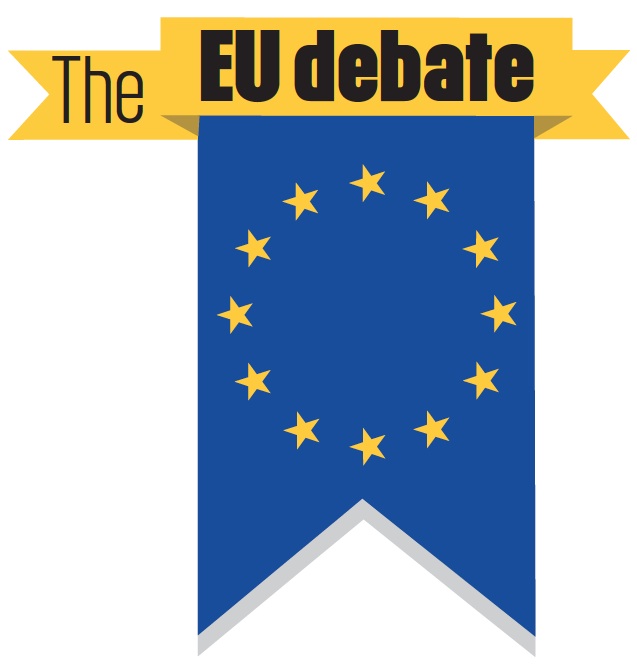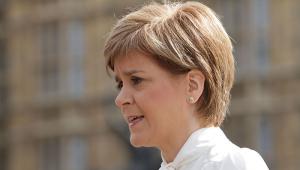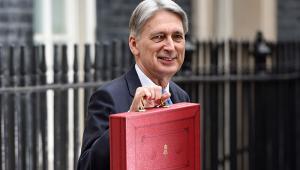In a speech in London setting out her support for a vote to remain in the European Union, Sturgeon said social protections were “a significant part of what makes membership of the European Union a good thing and worthwhile”.
The first minister highlighted that these included maternity and paternity leave entitlement, a right to paid holidays, and the right to work for no more than 48 hours each week. In addition, the UK only increased the minimum entitlement to parental leave as a direct result of European directives, she said at the event hosted by the Resolution Foundation think-tank.
“Now obviously it is open to individual governments to provide better rights and protections if they want to. But it’s not inevitable that they will and in fact it could be argued that it’s highly doubtful with the current UK government.
“There are other cases – for example minimum annual leave, and conditions for agency workers – where the UK complies with the European minimum and no more. Which begs the questions without European regulations would minimum standards be met here at all.”
Elsewhere in the speech, Sturgeon said that although the EU is “an imperfect organisation”, the UK response should be to work to make it better, rather than to leave in the referendum on June 23. “We should help to create the Europe we want to see,” she told attendees.
Sturgeon insisted there was no contradiction in believing in independence for Scotland, while also supporting membership of the bloc.
“The fundamental principle of the EU – that independent nations work together for a common good – appeals to me and appeals to many people across Scotland.
“After all, there is nothing at all contradictory about independent nations recognising their interdependence – about choosing to pool some sovereignty for mutual advantage. On the contrary, that is the way of the modern world that we live in today.”
However, if Scotland was to vote to stay in the EU, but the UK as a whole vote to leave, there was “a real chance” this would lead to a second referendum on Scottish independence, she added.
“I’ve made that point frequently because it strikes me as an honest assessment of what could well happen. But it’s not what I want to happen.”
Instead it was better for the UK, for the EU, and even for any possible future independent Scotland, to remain.
“If you think about it even for a second – and Ireland’s stance on the UK referendum is good evidence of this – why wouldn’t we want our closest neighbour also to be a fellow member?”
The speech also called for an “uplifting, positive” campaign that would benefit the whole UK. “The opportunity to have a fundamental debate about the future of your country is a good opportunity to have,” Sturgeon concluded.





















